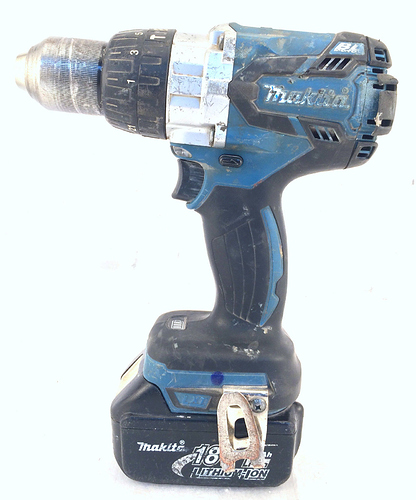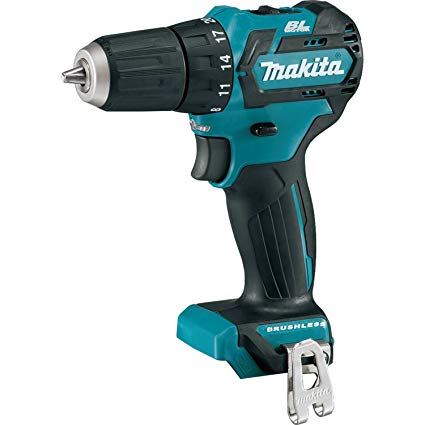I’ve literally been handed a brand new Makita, out of the box, and had it smoke on me. Never had a Metabo before, and I find Bosch to be… I don’t know… they feel terribly light to me. Not cheap in any way, they just feel too light for what they do. I think of Bosch as the third of the “Big Three” but they’re more… Engineered than the other two. It’s hard to describe in pure text, without it being insulting where I find them to be quite good. Bosch BLADES, on the other hand, are hands down my favourite blades to use overall. Jigsaw, Circular, Recip, Oscilating… Bosch and its baby company Dremel are my favourite to use, despite being a DeWALT person.
But, when push comes to shove, I’m not the be-all, and end-all for this. Plus, my budget is remarkably low, as the majority of this stuff is not how I make a living. I started as a Computer Tech with an interest in Woodworking and Metalworking, and due to failing health in my parents, turned into an Ergonomics and Invention/Customization builder. A Maker-in-general, if you will, as well as Caregiver. Not a lot of money to be made, if at all. I HAD to invest in tools I could put down, and not touch for years on end, and still trust them. I have such a wide range of specialties, and uses, that I couldn’t literally afford to invest in such a wide range as you did. I mean, ideally, if you’ve got the money to go all 3 of the big 3, then you really are optimizing the best of the best. You can’t, and WON’T be caught off guard by a project. But, then, you would fit into a category where you can afford a few things can go wrong, without you losing major chunks of your income trying to replace it and keep going.
Now, I was young and stupid once… Too arrogant for my own good, you’ve probably seen hundreds like I was. I was “DeWALT or nothing at all!” for a long time. Then I realized I was a Hypocrite, because I was RAISED using a Dremel Rotary Tool. For my 30th Birthday, my family gave me enough money to buy TWO top-of-the-line models, the 4000 and the 8200, with all the attachments. Right around then, my Father decided to yell at me until I bought the DeWALT tools I needed out of his account, and looking back on this person I was… I realized how stupid I was, playing “Red Vs Yellow” when the tool market was so drastically diverse. Even I had tools that went against that competitive argument.
I’m not saying Bosch or Makita are BAD, that NO ONE should own them. Far from it. They just fit at a different point in the ladder of tool users. Those with specialized tasks are slightly below the rung on the ladder where Milwaukee and DeWALT are. There are a LOT of people who have one foot on either rung. It’s not a matter of quality, it’s a matter of classifying what you do with your tools. Highly specialized, engineered work? You’re probably going Makita and/or Bosch. If you do the same thing, day in and day out, with giant chunks of work material that fights back when you try to make it do what you want… Chances are better that you have at least touched the rung where Milwaukee and DeWALT exist. Where all your limbs hit on the ladder, kinda dictate what tool companies you use. I’m FIRMLY placed on the rungs for Dremel, Stanley, DeWALT, and Veritas from Lee Valley. Not everyone is bound to land exactly as I have, and there’s no shame or judgement involved if they do land differently.
I’ve got too mentally old to still believe in competitive tool ownership. It’s not about TEAMS. It’s about TOOLS. Getting the right job done.
Our original poster here, @learning, has their own needs to fill with this phantom Makita Drill issue. It’s not about what team we’re on, it’s about helping THEM get what they need to get THEIR job done. If we’re good enough with tools to answer the questions asked, we should be good enough to do so without trying to convince them that what they have is junk, and that they should be more like us. The Job is what matters, not our own tool choices.
All the rest of this conversation is information they can use to understand the underpinnings of what is going on a bit better. Learning material straight from real tool users’ experiences. A bit like getting a free, online apprenticeship with all the posters who respond to their question.


